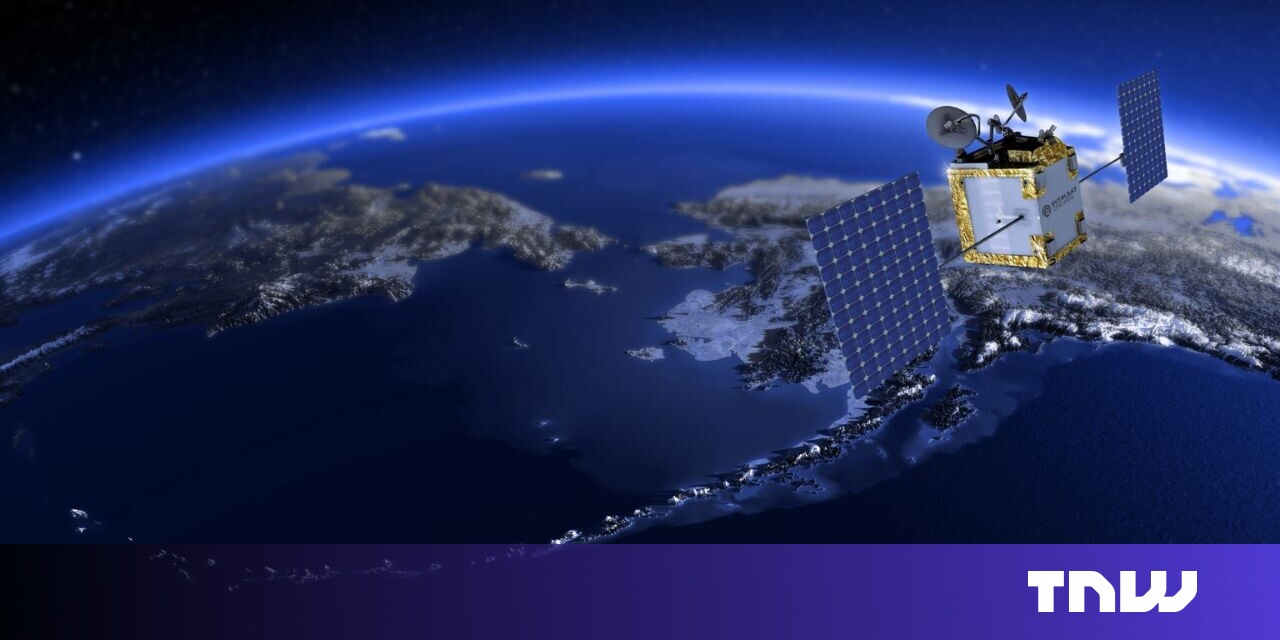
The UK government reportedly plans to invest €163mn in French satellite firm Eutelsat as Europe pushes to back a local alternative to Elon Musk’s Starlink.
The investment, first reported by Reutersfollows the lead of the French state, which is set to inject €717mn into Eutelsat as part of a €1.35bn funding package to prop up the indebted satellite communications provider. The UK contribution would bring Eutelsat’s recapitalisation to around € 1.5BN.
French President Emmanuel Macron thanked his “British friends” for the support in a post on Xwithout disclosing the deal’s value.
Eutelsat has received significant attention this year, as European leaders scramble to reduce their reliance on Starlink, especially in Ukrainewhich has become highly dependent on the service in its war with Russia.
The French firm operates the third-largest satellite communications fleet — 653 satellites orbiting the Earth, each circling about 1,200km above the surface. The company previously told TNW that, in Europe, it offers the same coverage and latency capabilities as Starlink.
TNW Conference 2025 – That’s a wrap!
Check out the highlights!
In June, French Finance Minister Eric Lombard described his country’s investment as part of its broader ambitions to build a competitive, resilient, and sovereign space industry.
“This transaction reflects our strong commitment towards a major player in satellite connectivity — a strategic sector at the heart of Europe’s digital sovereignty,” he said.
The funding offers a much-needed lifeline for Eutelsat, which had a net debt of €2.6bn at the end of 2024, according to its own financial reporting. It could also help the company contribute to the deployment of IRIS2, a European public-private satellite internet constellation expected to switch on in 2030.
IRIS2 is a European attempt to create a truly sovereign satellite communications system. The constellation will build upon Eutelsat’s existing fleet and that of SES, a satellite firm from Luxembourg.
Lombard said the IRIS2 project would be a “key pillar” of Europe’s autonomy in space. However, the scheme will enter into an increasingly crowded satellite communications market.







